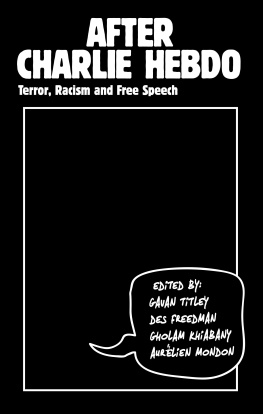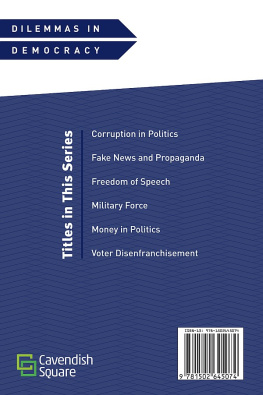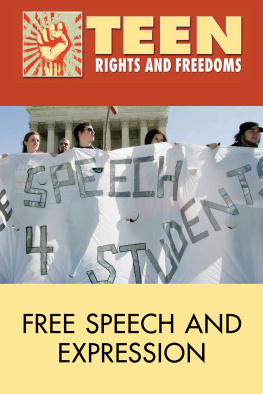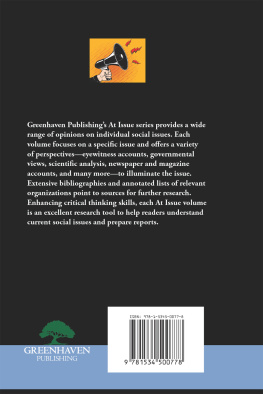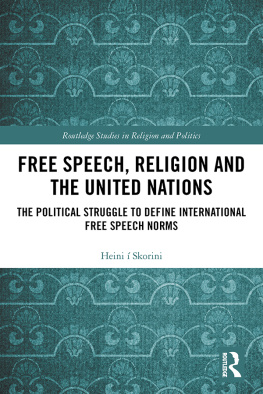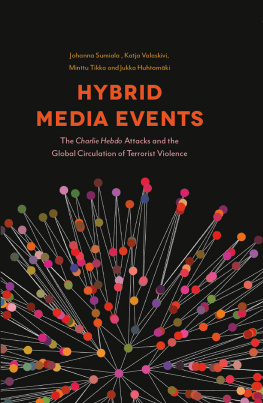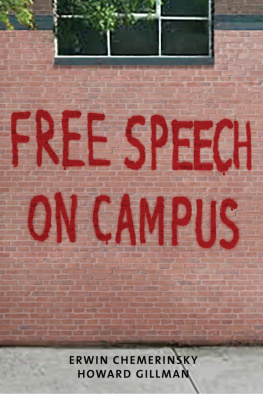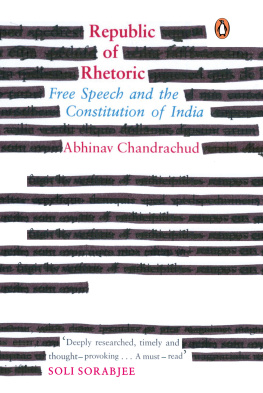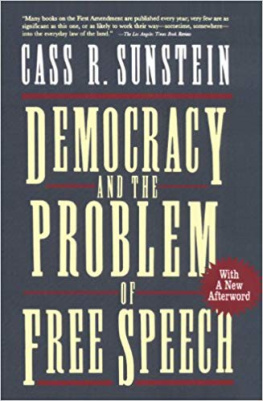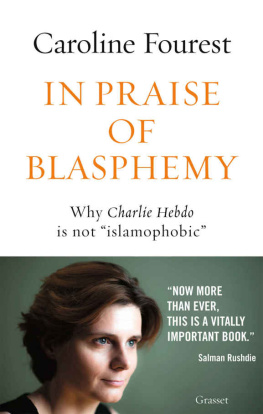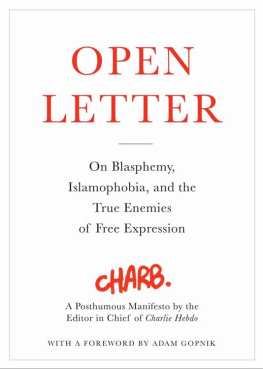A unique transnational take on the weaponisation of liberal values after the Paris attacks. After Charlie Hebdo takes Islamophobia apart and equips us for the fight back.
Liz Fekete, Director, Institute of Race Relations
An engaging contribution to our understanding of the 2015 attacks, examining the media framing of the event and the conflict of values it created in public debate.
Romain Badouard, University of Cergy-Pontoise
A bold, challenging and forthright collection that raises fundamental questions around issues of race and identity.
Michael Cronin, Trinity College Dublin
These essays offer stimulating perspectives on the violent paradoxes of French liberalism. For English speakers, they give valuable context to the political dynamics behind the Charlie episode.
Nick Riemer, University of Sydney
The attack on Charlie Hebdo has been a transformative event, one that presents particular challenges for freedom of speech. This insightful collection helps us to reflect on how we can develop an alternative narrative on violence, racism and freedom of expression.
Donatella della Porta, Scuola Normale Superiore (Florence)
AFTER CHARLIE HEBDO
TERROR, RACISM AND FREE SPEECH
Edited by Gavan Titley, Des Freedman, Gholam Khiabany and Aurlien Mondon
After Charlie Hebdo: Terror, Racism and Free Speech was first published in 2017 by Zed Books Ltd, The Foundry, 17 Oval Way, London SE11 5RR, UK.
www.zedbooks.net
Editorial Copyright Gavan Titley, Des Freedman, Gholam Khiabany and Aurlien Mondon 2017
Copyright in this collection Zed Books 2017
The rights of Gavan Titley, Des Freedman, Gholam Khiabany and Aurlien Mondon to be identified as the editors of this work have been asserted by them in accordance with the Copyright, Designs and Patents Act 1988.
Typeset in Plantin and Kievit by Swales & Willis Ltd, Exeter, Devon
Cover design by Andrew Brash
All rights reserved. No part of this publication may be reproduced, stored in a retrieval system or transmitted in any form or by any means, electronic, mechanical, photocopying or otherwise, without the prior permission of Zed Books Ltd.
A catalogue record for this book is available from the British Library
ISBN 978-1-78360-939-0 hb
ISBN 978-1-78360-938-3 pb
ISBN 978-1-78360-940-6 pdf
ISBN 978-1-78360-941-3 epub
ISBN 978-1-78360-942-0 mobi
CONTENTS
The editors would like to thank Professor Bernard Mahon, the Research Development Office and the Department of Media Studies at Maynooth University for their support of the seminar from which this book was developed. Thanks also to Ken Barlow and all at Zed Books. This book is dedicated to our friend Sharam Alghasi.
Symbolic excess
It is rarely noted that a key dimension of symbolic violence is the violence of being rendered symbolic. Speaking in advance of the publication of the Survivors Issue, the first edition of Charlie Hebdo since the attacks of January 2015 , the cartoonist Renald Luzier Luz remarked that: This current symbolic weight is everything Charlie has always worked against: destroying symbols, knocking down taboos, setting fantasies straight. Freighted with projections and misunderstandings, the burden of symbolic weight compressed Charlie Hebdo into a singularity, one that could, inter alia, be made to stand for things that it was not. This becoming symbolic of Charlie Hebdo was a secondary tragedy, to be sure a transnationally mediated, enfolding wave of emotion, reaction and dissent that began to take shape in the minutes and hours after Sad and Chrif Kouachi crashed the newspapers editorial meeting to enact a merciless exercise in propagande par le fait . But it was also an inevitable one, once the tragedy visited on the paper prompted its consecration as a symbol of innate Western values, as the spark for an authoritarian renewal of an idealised Republic, as the guarantee of a moral certitude no longer burdened by context and history, and as a licence for amplifying and extending the enthusiastic, multi-stranded anti-Muslim racism that has achieved a dangerous banality in the political rationalities and public cultures of the West.
The attacks on Charlie Hebdo produced an event better understood as Charlie Hebdo: an intensive spectacle of identification and dis-identification, of ideological differentiation and moral antagonism, of political reaction and repression. A dense field of meaning-making and affect took shape around Charlie Hebdo , and positioned it as a mediating object for a knot of political tensions, competing imaginaries and interpretative conflicts that have been taking shape and gathering force in European public spheres for several decades. This field is the starting point for this book, as After Charlie Hebdo examines Charlie Hebdo, the political and communicative event. It explores the ways in which the attacks in Paris in 2015 acquired such accelerated and (unevenly) globalised symbolic weight, and examines their political and cultural generativity in France, and elsewhere, in terms of five key themes: the drive to use Charlie Hebdo as a catalyst for renewing the French Republic, particularly through the remit of the nationalist state secularism of lacit ; the prolonged, shape-shifting war on terror and the impact of securitarian and culturalist responses to attacks; the politics of freedom of expression in a context of abundant communication; the political generativity of accelerated and instantaneous networked media coverage; and the challenges for anti-racist thought and activism in the context of post-racial politics.
What does it mean to approach the aftermath of the attacks on Charlie Hebdo as Charlie Hebdo, an event? The immediate aftermath was a moment of intense public emotion and anger in France, of mourning for the slaughter of well-known figures and ordinary workers, of solidarity expressed on the day of the attacks in spontaneous gatherings in places such as Place de la Rpublique which became a living memorial over the course of 2015 , particularly after the November attacks and the charged spectacle of the enormous marches rpublicaines of and January. Condensed by the hashtag # JeSuisCharlie, and by the ubiquity of Joachim Roncins sombre white-grey-black visualisation of the same message, Charlie Hebdo rapidly came to encompass all of the attacks in the le-de-France region between and January (nudging, from the start, those killed in the siege at the Hyper Cacher, and the policewoman Clarissa Jean-Philippe, murdered in Montrouge by Amedy Coulibaly, to the edges if not the margins of the story).
The aftermath was also a moment of relentless communicative output. The media industry quickly demonstrated material solidarity with Charlie Hebdo s determination to keep publishing: the newspaper Libration hosted the survivors, the Guardian Media Group, among other supporters, donated ,, and individual and institutional subscriptions soared. Within the French public sphere it was taken as a transformative moment that prompted an immediate spike in writing about the state of the nation, with, as Amiraux and Fetiu note in their overview of the extraordinary explosion of writing about the attacks, . books a month being published between January 2015 and July 2016 . It was an intensive media spectacle, commanding global headlines and in many contexts effectively blacking out all other news for days, as the live dynamic of the hunt for the Kouachi brothers and the visibility of the public response structured a real-time media event of rolling coverage and constant reaction. As in large part an attack on media workers, it generated a particularly raw and invested response from journalists, and a debate as to how best to symbolically demonstrate solidarity with a publication whose political identity became an immediate focus of projection and contention.

